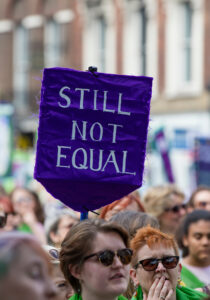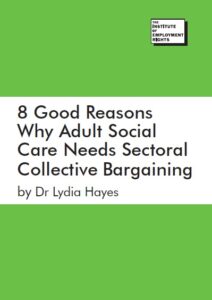Virginia Mantouvalou
Virginia is co-editor of Philosophical Foundations of Labour Law with Hugh Collins and Gillian Lester.
Natalie Sedacca
Natalie Sedacca is a PhD Candidate and Teaching Fellow at UCL Faculty of Laws. Her PhD research focuses on the... Read more »










